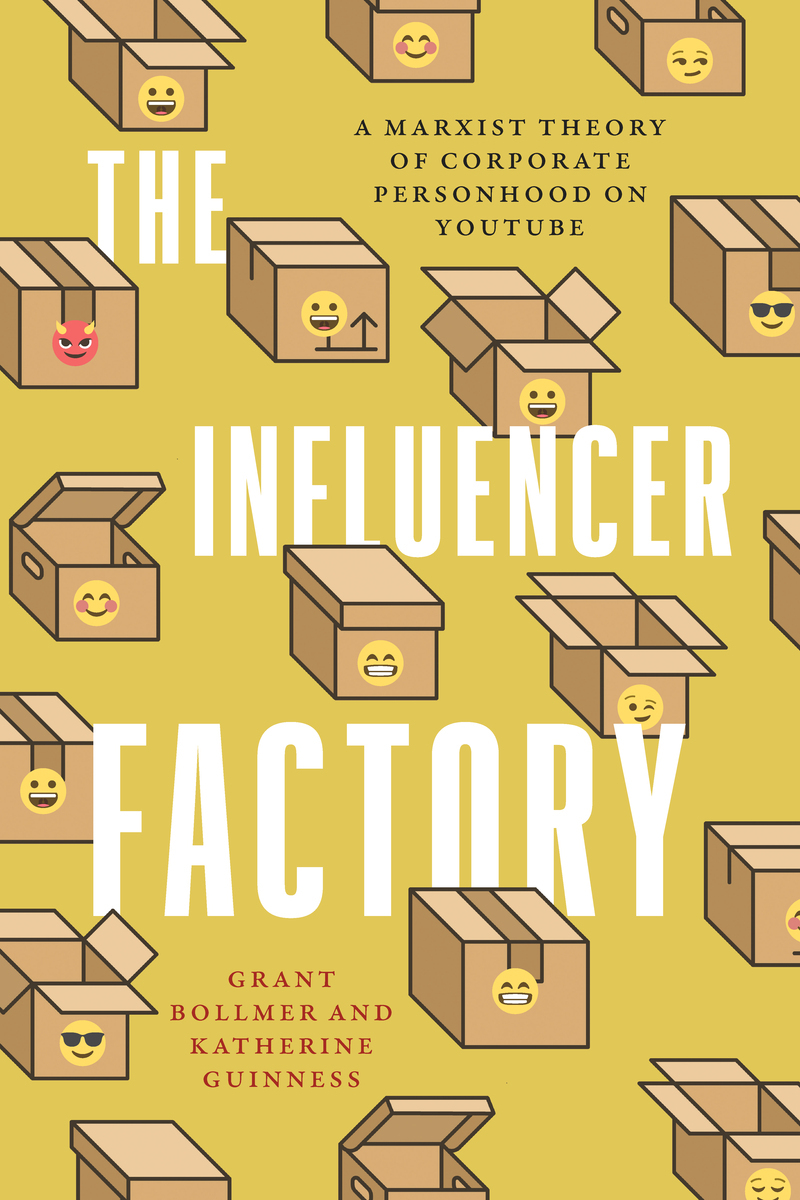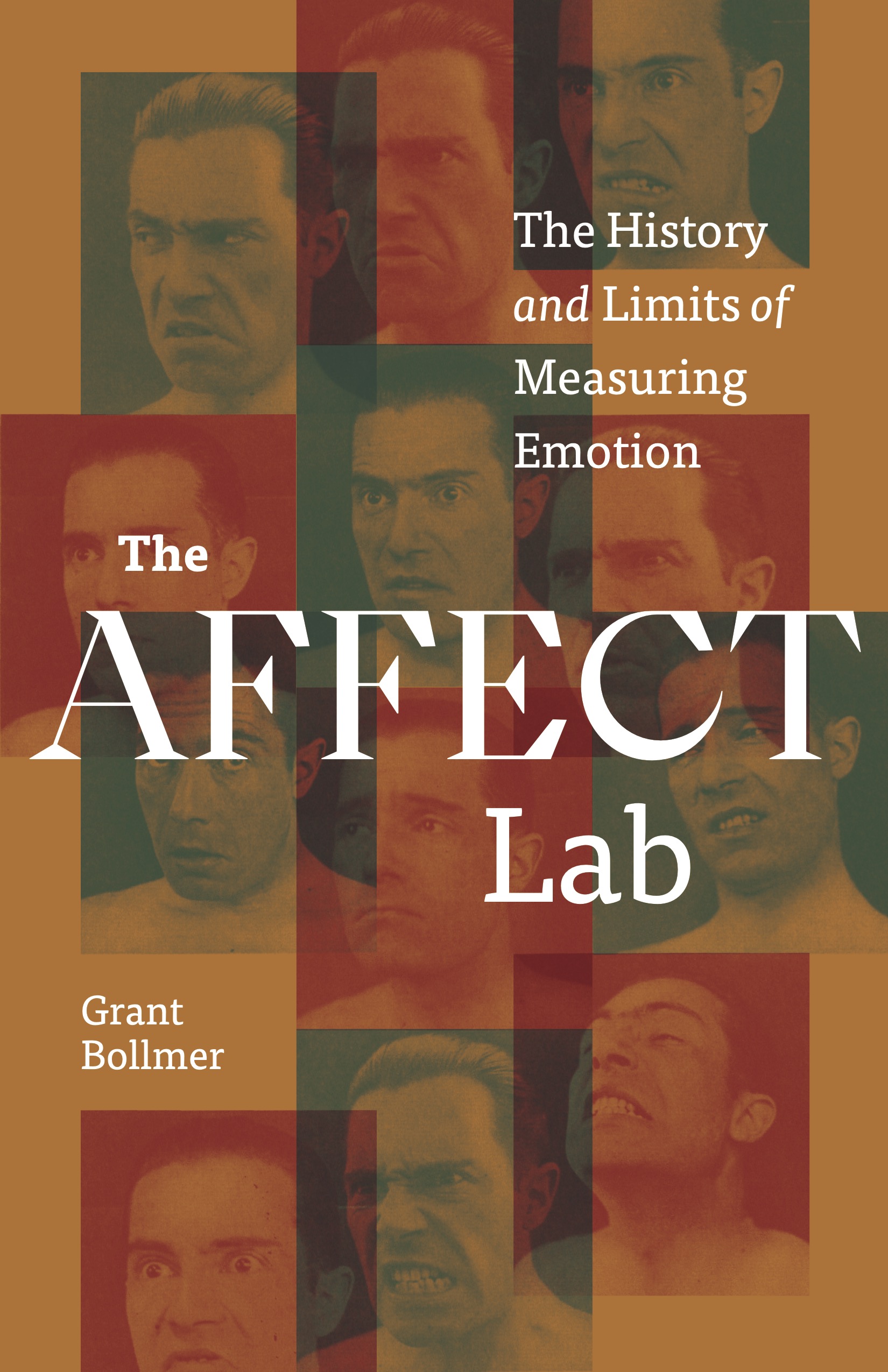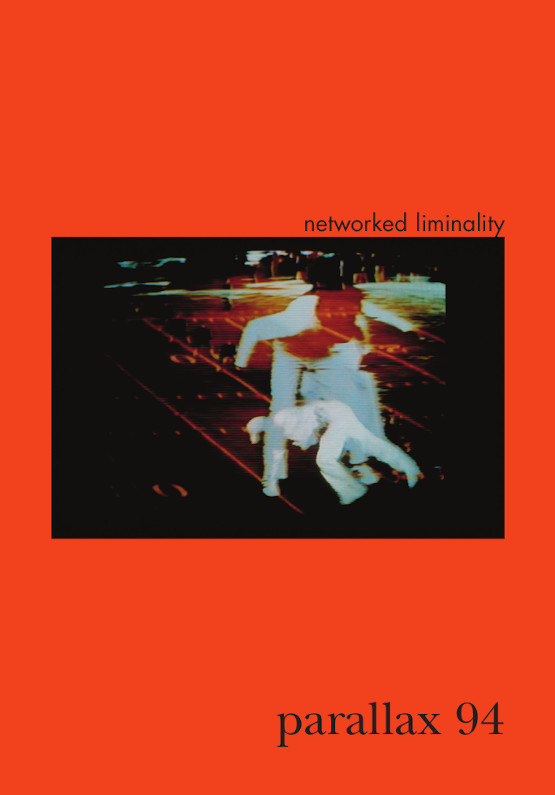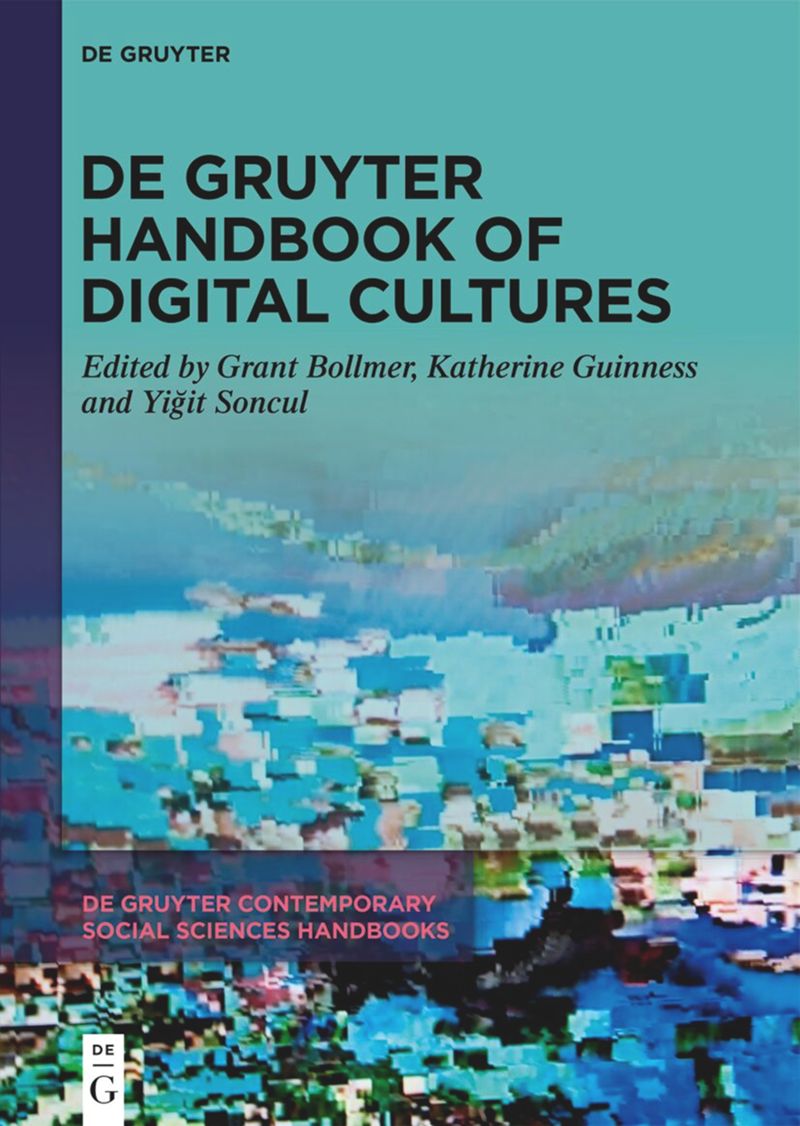a list of books, articles, projects, and other things
by grant bollmer

THE INFLUENCER FACTORY: A MARXIST THEORY OF CORPORATE PERSONHOOD ON YOUTUBE
(COAUTHORED WITH KATHERINE GUINNESS)
“Influencers...achieve wealth, fame, and luxury by imagining themselves and acting not as individuals but as if their existence is equivalent to that of a vertically integrated corporation, a context in which rights and abilities are denied human citizens and transferred to corporate entities...”
Read more...
(COAUTHORED WITH KATHERINE GUINNESS)
“Influencers...achieve wealth, fame, and luxury by imagining themselves and acting not as individuals but as if their existence is equivalent to that of a vertically integrated corporation, a context in which rights and abilities are denied human citizens and transferred to corporate entities...”
Read more...
APRIL 2024

THE AFFECT LAB: THE HISTORY AND LIMITS OF MEASURING EMOTION
“Knowledge of the affects exists only as bodies are processed through a medium. Yet techniques of observation, inscription, and identification serve to invent that which is observed, inscribed, identified. The techniques of the Affect Lab precede and produce the affects they identify.”
Read more...
“Knowledge of the affects exists only as bodies are processed through a medium. Yet techniques of observation, inscription, and identification serve to invent that which is observed, inscribed, identified. The techniques of the Affect Lab precede and produce the affects they identify.”
Read more...
AUG 2023

MATERIALIST MEDIA THEORY: AN INTRODUCTION
“Media determine our reality, and any politics of media must begin by foregrounding media's materiality.”
Read more...
“Media determine our reality, and any politics of media must begin by foregrounding media's materiality.”
Read more...
SEPT 2019

신유물론과 유물론: 미디어의 물질성에 대하여
[New Materialism and Materialism: On the Materiality of Media]
Korean translation of Materialist Media Theory: An Introduction
Translated by Kim Soo-cheol
[New Materialism and Materialism: On the Materiality of Media]
Korean translation of Materialist Media Theory: An Introduction
Translated by Kim Soo-cheol
MAY 2024
THEORIZING DIGITAL CULTURES
“[D]igital media—in providing the material and infrastructure for a host of practices and interactions—affect identities, bodies, social relations, artistic practices, and the environment.”
Read more...
“[D]igital media—in providing the material and infrastructure for a host of practices and interactions—affect identities, bodies, social relations, artistic practices, and the environment.”
Read more...
SEPT 2018

INHUMAN NETWORKS
“[C]ontemporary network culture unintentionally repeats debates over the limits of Western modernity to provide an idealized future where ‘the human’ is interchangeable with abstract, flowing data connected through well-managed, distributed networks.”
Read more...
“[C]ontemporary network culture unintentionally repeats debates over the limits of Western modernity to provide an idealized future where ‘the human’ is interchangeable with abstract, flowing data connected through well-managed, distributed networks.”
Read more...
AUG 2016
DE GRUYTER HANDBOOK OF DIGITAL CULTURES
“The chapters in this handbook come from different intellectual traditions, carrydifferent theoretical, methodological, and political goals, and think of the ‘digital’ as a mutable and evolving category. But, it is in our view that we must inherently embrace this multiplicity and mutability to even grasp what’s at stake when it comes to our present.”
“The chapters in this handbook come from different intellectual traditions, carrydifferent theoretical, methodological, and political goals, and think of the ‘digital’ as a mutable and evolving category. But, it is in our view that we must inherently embrace this multiplicity and mutability to even grasp what’s at stake when it comes to our present.”
SEPT 2025
Read more...

NETWORKED LIMINALITY
“Rather than networked connectivity, networked liminality allows us to foreground the thresholds, oppositions, processes, and movements that make up networked subjectivity.“
Read more...
“Rather than networked connectivity, networked liminality allows us to foreground the thresholds, oppositions, processes, and movements that make up networked subjectivity.“
Read more...
SEPT 2020


